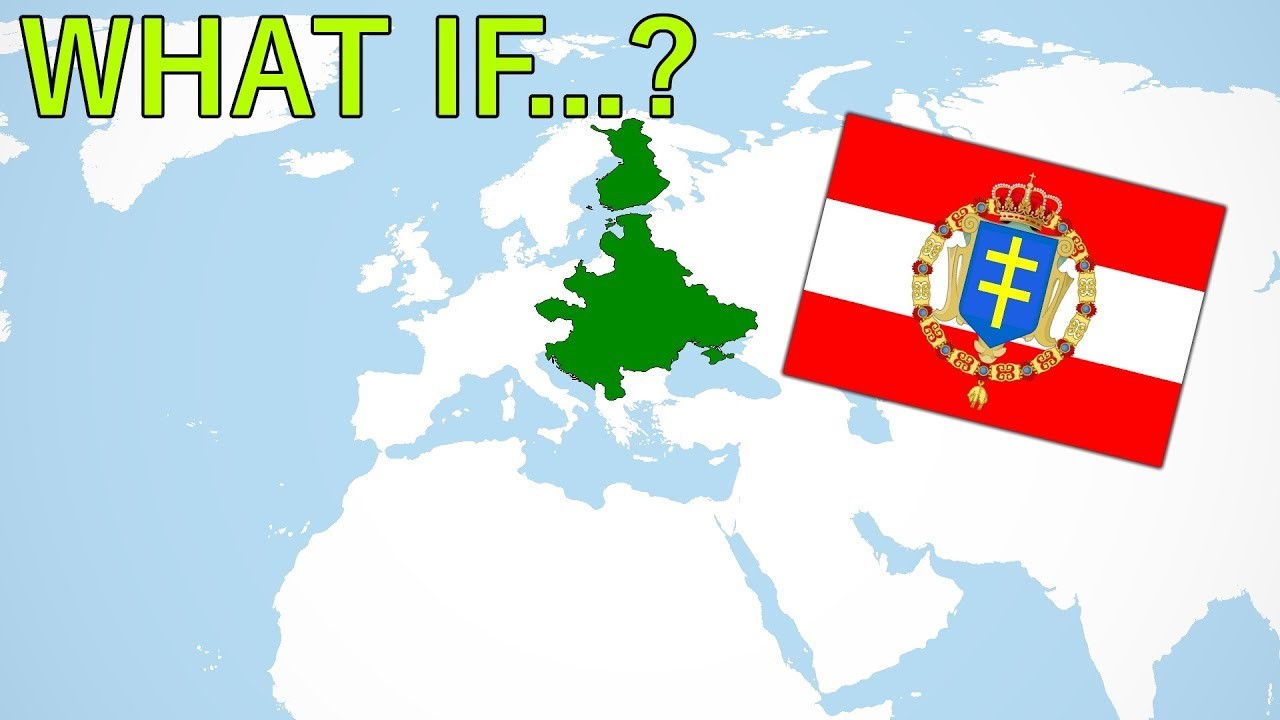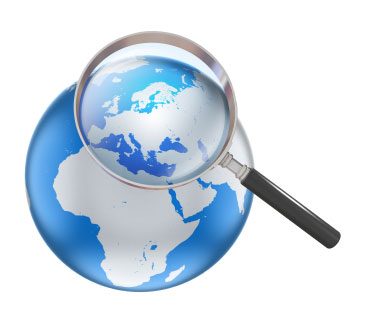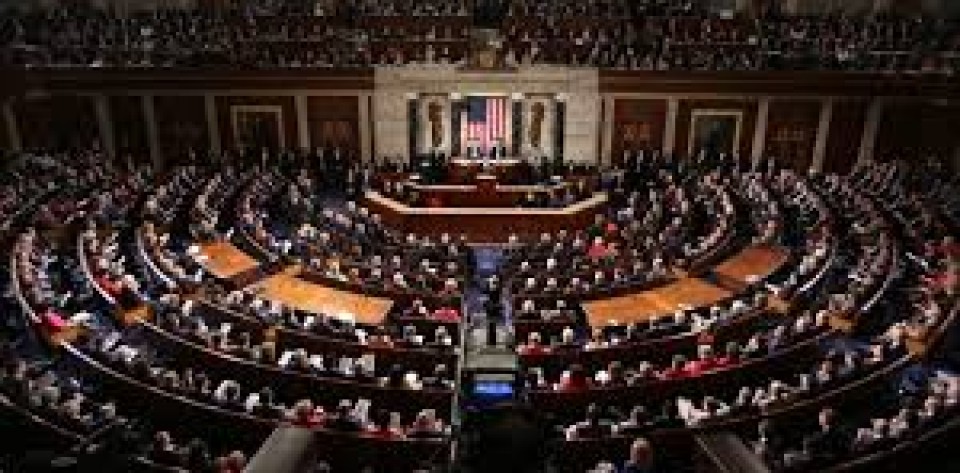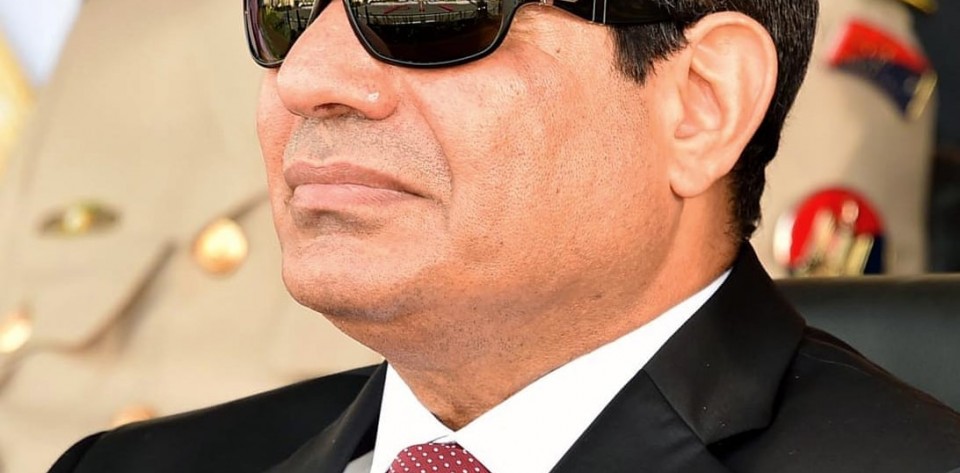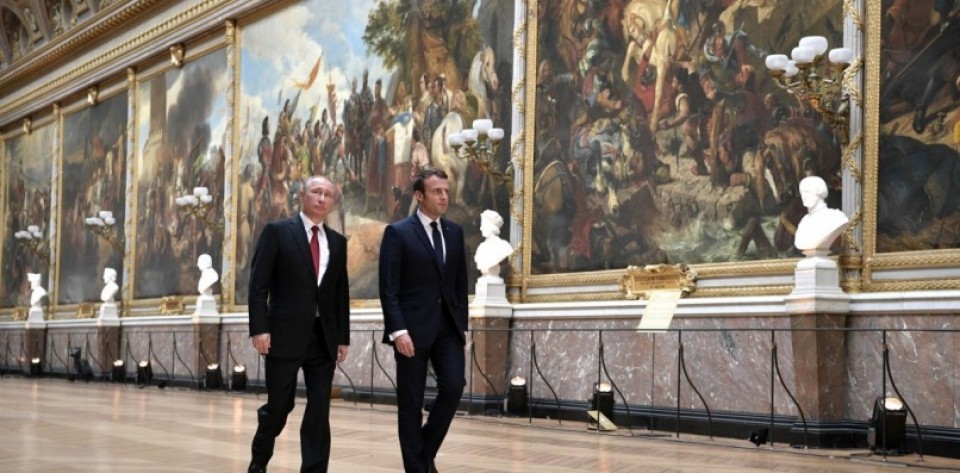The idea of the Three Seas Initiative – Intermarium - is modest. Between the two great powers - Russia in the East and Germany in the West - Central European countries have always felt "imprisoned." Naturally, none of them has adequate resources to compete with great powers. Therefore, these countries position themselves as basic raw material supplier, subcontractors or vassals. These countries also have not collaborated among themselves. Thus, creates lack of competitive environment to develop more robust economy. They have been trading majorly with Germany and Russia. Therefore, the logistics route & infrastructure were developed mainly on the east-west axis.
Międzymorze (the Between Sea Initiative known as Intermarium) - was originated as the idea of a federation of Central European nations under Polish leadership. Józef Piłsudski was an advocate of this project, in spite of the opposition on the part of National Democracy, who was a follower of an ethnically homogeneous nation-state, and assimilation of minorities. Piłsudski's project collapsed, and a similar concept was retained in the Second Polish Republic for the entire twenty years. France supported this in order to counterweight to Germany in Central Europe.
Headed by Poland, Latvia, Estonia and Finland signed the Baltic Union agreement to create a regional alliance. Due to the dispute over Vilnius, Lithuania refused to attend the conference. The agreement contain a declaration of non-aggression and mutual assistance in the event of assault without any specific commitments. In the face of Moscow adversity, an attempt to transform the Baltic Union into a coalition was failed as rest of the member states avoided committing strong political and military ties with Poland.
This fear arising from Russia has not been unique to Baltic countries. This kind of adversary was encountered in the south. Since, Poland established close political and military ties with Romania, which then became part of the Small Entente.
Unfortunately, this cooperation lasted short due to hostility towards Hungary, which was treated as a friendly country by Poland. The Balkan states had overlapping interests such as Yugoslavia and Bulgaria were traditional allies to Moscow. Hungary had been close to Germany. However, Warsaw's relations with Prague were terrible (due to dispute over the territory) and the Czechoslovaks tried to torpedo every Polish diplomatic initiative in the region. In the 1930s, Józef Beck (Foreign Minister of Poland) tried to set up a project of a block of small countries which included from Denmark to Greece. But this also failed.
However the question is; why the idea of the Three Seas Initiative could not be implemented? Poland was not very attractive as a leader among other countries since it has overlapping interests in military and economic areas with other states in the Baltic. The natural leader for most countries in the region was either Russia or Germany, not Poland. Such a project would mainly serve emerging Poland as superpower position, which was not beneficiary to neighboring countries but only to Poland. However, there is no indication that these arguments are currently less relevant than, for example, in 1935.
The economic and demographic potentials of Central European countries would allow them considerable independence. However, to achieve this it would be necessary to unite the countries of Central and Eastern Europe under a coalition. With this approach, Poland has the capability to manage such coalition, as it is the most populous and has the greatest opportunities for independent development in the field of economy as well as military.
Today, the politicians of the current ruling party (PiS) deep inside desire such coalition. And projects such as "Via Carpathia" - building an express road from Estonia to Greece, integrating all countries on the route only serve building coalition. Politicians in power say that this path - the idea of a superpower Poland - is close to them. "It's a model that we would like to implement: strong Poland in the region and strong region in the entire area of Central, Eastern and Southern Europe ”.
On July 6, 2017, the Three Seas Initiative Summit had been organized in Poland during 06th July, 2017. US President Donald Trump had joined the summit. The President of Poland, Andrzej Duda, has intensified efforts to organize the summit for a long time as he paid visits to Croatia and many more to invite them. The president of the United States met with the Polish president in the morning of 06th July. Following a 'one-to-one' conversation at the Royal Castle, plenary talks of the American and Polish delegations took place. During these talk, Poland was represented by Deputy Prime Minister, Minister of Finance and Development, Head of the Ministry of Foreign Affairs, Minister of Defense, government plenipotentiary for strategic energy infrastructure and presidential ministers, head of the office, head of the BBN , head of the president's office, and also the Polish ambassador to the United States. Then the presidents' meeting with the media took place. Then Donald Trump and Andrzej Duda went to the summit of the Three Seas countries, where they met with representatives of the countries of the region. In addition, Trump gave a speech on Krasińskich Square, preceding the presidents paying tribute to Warsaw insurgents in front of the monument to the Warsaw Uprising. Clearly referring to the current migration crisis, words of Donald Trump appeared, who warned during the speech that the future of the West was threatened if these nations did not face the challenge they were facing.
According to the media in Spain and Portugal, Donald Trump's visit in Poland showed that USA prioritized strengthening Warsaw's economic and political sense. And they described his speech as praising the "exemplary" ally.
Prime Minister AT that time - Beata Szydło commented on the visit of the American president as "The fact that today Donald Trump performed here, against the background of the Warsaw Insurgents monument, he was here with us, proves that Poland is an important state, Poland is a state with which one must count and Poland is a country that guarantees global peace and security, we are developing quickly. (...) As a Polish prime minister, as a Polish woman, I am proud that we are experiencing such moments, I am proud that Poland is developing so well that the government I have the honor to lead Polish affairs in the right direction''.
The idea of the Three Seas Initiative is an incredible opportunity not only for Poland, but also for the entire Visegrad Group, as well as for the entire region. Fate gives Poland a great opportunity to become something more than just the 'periphery' of Europe. Poland is the zone of Europe that starts to be driving force in Europe; zone of ambition.
Paweł Flisiuk

